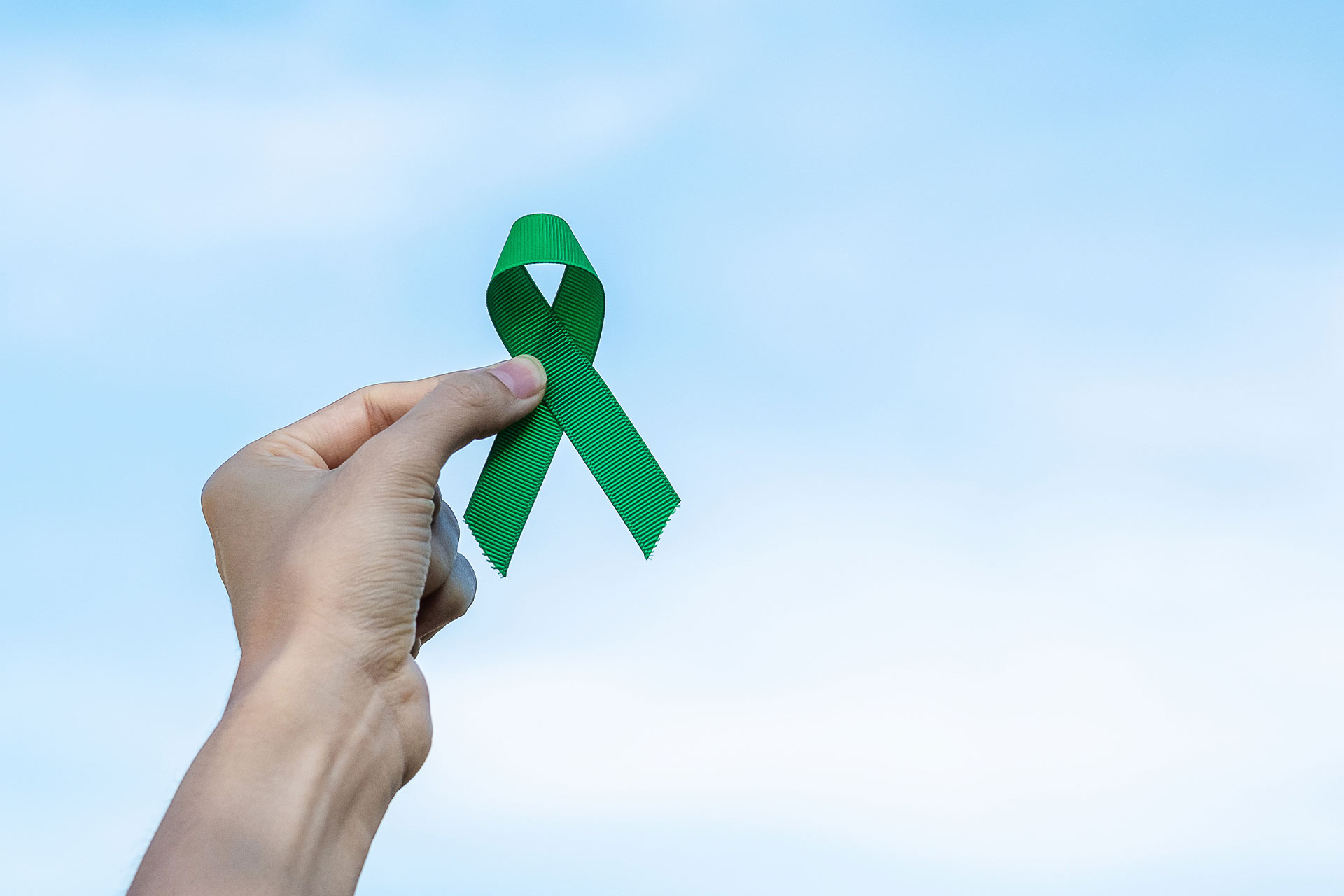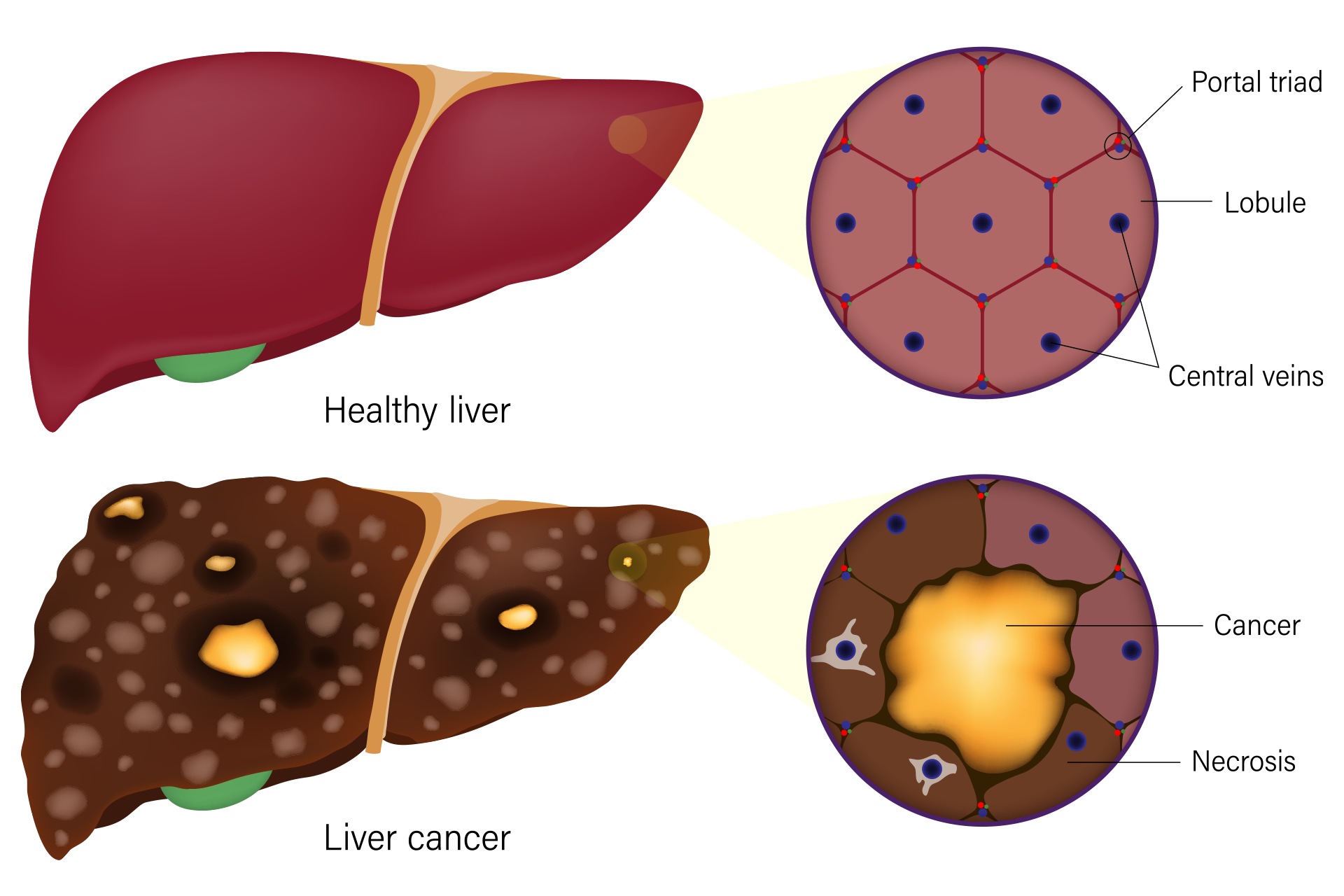October is Liver Cancer Awareness Month, a crucial time to raise attention not only about liver cancer but also about liver disease awareness more broadly. Many do not realize the risks and early warning signs of liver illness until it is too late. For patients and their families, this period is an opportunity to learn, take action, and advocate for improved care.
At Signature Health Services, our goal is to raise awareness about liver health and the unique benefits of having a home nurse or therapist involved in the patient’s journey.
Liver Cancer: A Growing Concern
Liver cancer remains one of the deadliest forms of cancer worldwide. Last year, approximately 865,269 new cases were diagnosed globally, and 757,948 deaths were attributed to the disease. It is the sixth most common cancer and the third leading cause of cancer-related death globally.
In the United States, projections for 2025 estimate 42,240 new cases of liver and bile duct cancer and 30,090 deaths from these cancers. The incidence of liver cancer has more than tripled since 1980 in the U.S., and mortality has more than doubled over the same period.
While efforts in vaccination and antiviral therapy have reduced liver cancers linked to hepatitis B and C in some regions, there is still much work to do. That’s why campaigns and liver awareness efforts are even more urgent.
Risk Factors for Liver Cancer
Several factors elevate a person’s likelihood of developing liver cancer:
Signs and Symptoms of Liver Cancer
One major challenge is that liver cancer often remains asymptomatic until it grows large or spreads. But when signs appear, they may include:
If these symptoms persist or worsen, seeking medical evaluation is essential. Because early-stage liver cancer can be silent, patients with chronic liver disease or viral hepatitis should follow recommended surveillance protocols with their health care providers.
Treatment Options for Liver Cancer
Once diagnosed, the pathway forward depends heavily on tumor size, location, liver function, and the patient’s overall health. Below is an overview of treatment options for liver cancer:
- 1
Surgical Resection – If the tumor is small and localized, surgical removal of the tumor or portion of the liver may be possible. This offers a potential cure when feasible.
- 2
Liver Transplantation – For patients with early-stage disease and underlying cirrhosis, transplantation can provide a new liver and eliminate both the tumor and diseased liver, achieving long-term remission if matched and done early.
- 3
Ablation Therapies – Techniques like radiofrequency ablation (RFA), microwave ablation, or cryoablation use heat or cold to destroy cancerous cells. These are less invasive than surgery and useful for smaller lesions.
- 4
Targeted Therapies – Drugs that inhibit specific pathways or mutations in tumor cells help slow or stop tumor growth.
- 5
Immunotherapy – Medications that boost the body’s immune response against cancer have shown promise in certain types of liver cancer.
- 6
Chemotherapy and Radiation – While liver cancer is often less responsive to traditional chemotherapy, these may be used in advanced or metastatic disease; radiation may be used in specific cases or for symptom relief.
In practice, many treatment plans combine several modalities. Decisions rest on multidisciplinary teams in major cancer centers. Patients and families benefit greatly from care coordination, an area where home nursing support becomes essential.
The Role and Benefits of Home Nursing Care
From diagnosis through advanced stages, care at home offers tangible benefits. When a patient has a home nurse or therapist, families see real improvements in comfort, coordination, and quality of life.
Because of these advantages, many cancer care guidelines increasingly support the integration of home health services as part of standard supportive care.
How to Observe
During Liver Cancer Awareness Month and liver awareness campaigns, patients and families can take meaningful action:
By increasing understanding of liver cancer facts, promoting early detection, and supporting home-based care, we can help shift the outlook for people with this disease.
Liver cancer is a growing global health challenge. It is often silent in early stages, aggressive when discovered late, and complicated by underlying liver disease. Yet much of its burden is preventable, and once diagnosed, patient outcomes improve when multidisciplinary care is coupled with strong home support.
At Signature, we believe every patient deserves compassionate, skilled care in the comfort of their home. Whether in managing side effects, administering therapies, or providing emotional support, a home nurse or therapist becomes an essential partner to patients and families confronting liver cancer.
This October, remember: awareness matters. Early detection matters. Proper support at home makes a tangible difference.
If you or a loved one faces liver disease or cancer, we encourage you to reach out to trusted home care providers and medical teams early. Together, with education, proactive screening, treatment, and home-based support, we can improve both survival and quality of life. Let this October be a turning point for liver awareness and compassionate care.
Call Signature 24/7 at 1 (800) 277-8291 for excellence in skilled and compassionate home health care.

Your Complete Home Health Care Solution!
ALWAYS ON CALL
| Monday – Sunday | 24 / 7 |
1 (800) 277-8291 (option 1)
COUNTIES SERVED
OUR VALUES
TESTIMONIALS

I love all of my home health people.

All Signature staff as well as therapy were very helpful.

Their services have always been great.

I really love my physical therapist. Gary has helped me so much.

This has been one of the best agencies. Very caring nurses.

I’ve had a really good physical therapist and really nice nurses.

I have had excellent care & would recommended them to anyone.

Gary Dixon is the very best physical therapist in Baytown and Houston Area.



